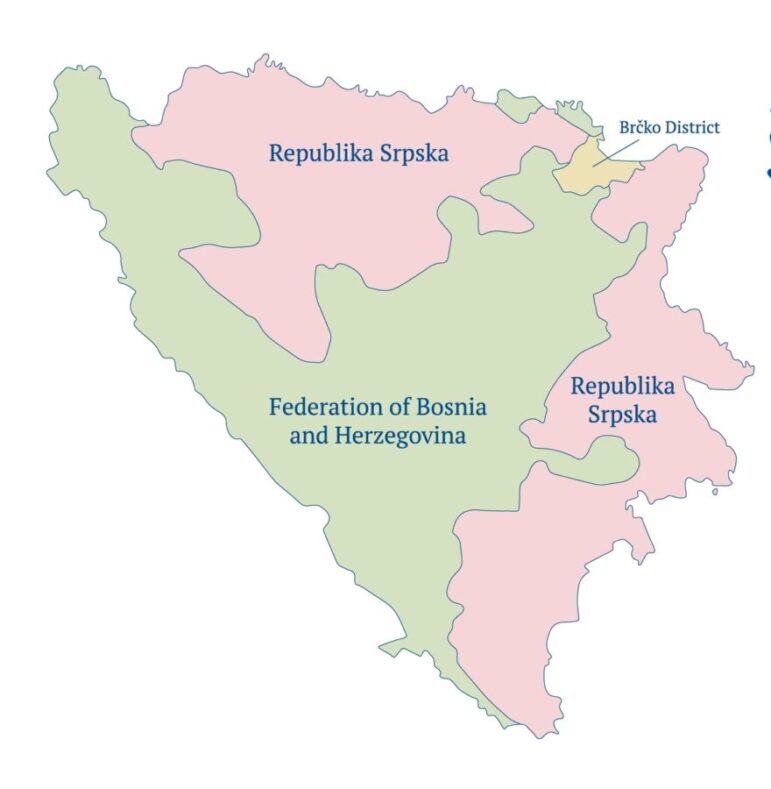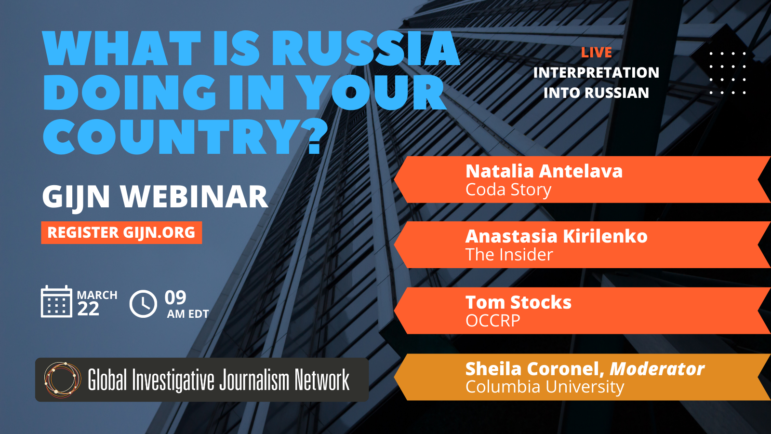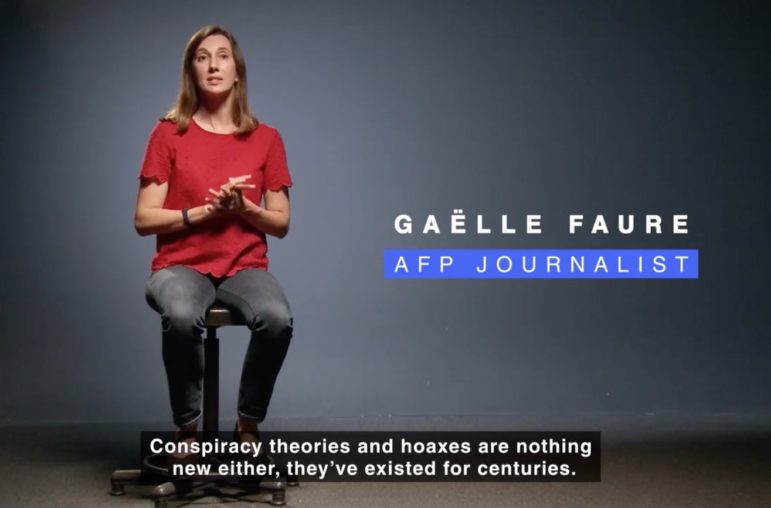

Lawmakers approved a law that would force media outlets receiving foreign funding to register, report extensively on their finances, and operate under constant scrutiny. Although yet to be signed off by the courts, journalists fear it's a way of stifling independent reporting. Image: Shutterstock
‘Foreign Agent’ Law in Bosnia Threatens Independent Media
When Republika Srpska’s National Assembly passed its controversial “foreign agent” law earlier this year, it did not just target civil society, it drew a direct line under the independence of the media.
Framed as a measure of transparency, the law mirrors authoritarian models used to suppress dissent forcing media outlets that receive foreign funding to register, report, and operate under a cloud of suspicion. As journalists face surveillance, censorship, and the threat of closure, this law is widely seen as the “beginning of the end for press freedom” in Bosnia’s Serb entity.
This is not a local issue, it’s a template. The law is modelled on Russia’s notorious “foreign agent” legislation, which decimated independent journalism and crushed dissent over the past decade. Similar laws were adopted in Georgia and Turkey recently.
It forces media outlets receiving foreign funding to register, report extensively on their finances, and operate under constant scrutiny.
For the press in Republika Srpska — one of two states comprising the country of Bosnia and Herzegovina — the consequences are immediate. At least a dozen media outlets that receive international support for investigative journalism, fact-checking, or human rights coverage could face pressure and several journalists have reported increased monitoring, threats, and administrative pressure.
The implications go far beyond the borders of Bosnia and such a law raises urgent questions about Europe’s ability to uphold democratic values in its own neighborhood.
Modelled on Moscow
“I never thought this would happen here,” says Bosnian legal expert and activist Azra Berbic. “But now, we are all foreign agents in our own country.”
Their fear is well-founded. The law, passed in late February and now under the review of the Bosnian Constitutional Court, mandates that any organization or media outlet receiving foreign support and deemed to be engaged in “political activity” must submit exhaustive financial disclosures and visibly mark all its work as the product of a foreign agent. What qualifies as “political activity” is left intentionally vague, giving authorities sweeping discretion.
Almost immediately after the law’s adoption, police raided the offices of Capital.ba, a leading investigative outlet known for its critical reporting. For its editor-in-chief, Sinisa Vukelic, the message was unmistakable. “It’s not about transparency,” Vukelic told Gerila media. “It’s about control.”
Few observers doubt the origins of the law’s inspiration. The Russian Federation’s 2012 foreign agents law, first aimed at NGOs and later expanded to media outlets and individuals, has become an international symbol of authoritarian repression. Under that regime, Russian civil society has been gutted and independent journalism has nearly disappeared.
Republika Srpska’s President Milorad Dodik, facing his own political isolation after defying Bosnia’s state institutions and receiving a one-year prison sentence, appears eager to follow the same path. “We will establish the status of foreign agents for all those who receive money from foreign governments to undermine Republika Srpska,” Dodik told the media in January.
The Human Cost
Already, local NGOs are cancelling events and abandoning projects deemed too risky. Journalists are self-censoring. Sources are drying up.

Republika Srpska (pink) is one of two states that make up the Balkan country of Bosnia and Herzegovina. Image: Shutterstock
Elvir Padalovic from the independent outlet Buka described the effect in stark terms: “We all know what it means when someone is labeled a ‘foreign agent.’ It’s an attack on legitimacy, on public trust. When you combine that with criminal liability for defamation, you create an environment where people are afraid to say what they think or what they’ve discovered as facts, journalists working on serious topics now think twice before publishing something.”
“And that is a defeat for journalism and for freedom of speech,” Padalovic told The Fix.
Legal expert and activist Azra Berbic highlights how this law fits into a broader authoritarian trajectory. “Republika Srpska is becoming part of a broader oppressive culture leaning toward totalitarianism. Basic human rights are being restricted — freedom of association, expression, and action,” she said. “Self-censorship is already happening. Some are even thinking of leaving the sector altogether because they fear they won’t be able to carry this burden.”
A Global Pattern
Republika Srpska is not alone. Similar laws have surfaced in Georgia, Turkey, Kyrgyzstan, Slovakia, and El Salvador, as authoritarian regimes across the world adopt legal mechanisms designed to stifle independent voices under the guise of transparency.
In Bosnia, the law also comes alongside worrying new trends. In parallel with its adoption, Republika Srpska re-criminalized defamation, a move designed to chill investigative journalism even further. According to the official data, more than 35 journalists are already facing criminal charges that could result in prison time.
“It’s a deliberate strategy,” Berbic warns. “One step at a time, our leaders are pushing us closer to totalitarianism.”
The international response has been swift but so far toothless. The European Union, the Council of Europe, the OSCE, and various press freedom organizations have all condemned the law.
Yet statements alone will not reverse the damage. As the Justice Ministry begins implementing the law and inspections of media outlets and NGOs intensify, the space for resistance is shrinking.
“The EU and Council of Europe must go beyond words,” Borka Rudic, general secretary of the BH Journalists Association said in a press release on March 13. “They must link Bosnia’s accession path to concrete protections for media freedom. Without external pressure, this law will become the new normal – not only in Republika Srpska but potentially across the entire region.”
The Road Ahead
Can independent journalism survive under a legal framework that equates foreign funding with political subversion? That is now the existential question facing the media in Republika Srpska. For newsrooms already battered by limited resources, hostile authorities, and a shrinking advertising market, the additional stigma of being labeled a foreign agent may prove fatal.
While the Constitutional Court challenges are coming, and civil society is not giving up without a fight, the cost of this new law is already clear — in fear, in silence, and in the narrowing of a space that was never truly safe to begin with.
In the words of Padalovic: “The fear has crept in, and it’s palpable. Some may say they are not afraid, but realistically, every journalist, especially those working on serious topics, now thinks twice before publishing something. And that is a defeat for journalism and for freedom of speech.”
Editor’s Note: This article was originally published by The Fix. It is republished here with permission. Learn about the latest from the world of European media by signing up for The Fix’s weekly newsletter.
Dusica Tomovic is an editor, trainer, and consultant based in Montenegro, and the former managing editor of Balkan Insight.









